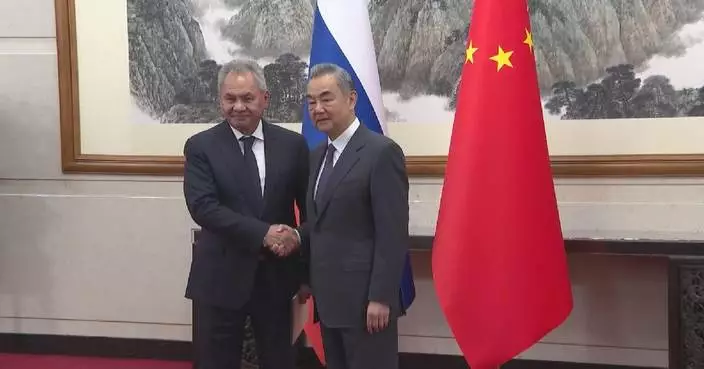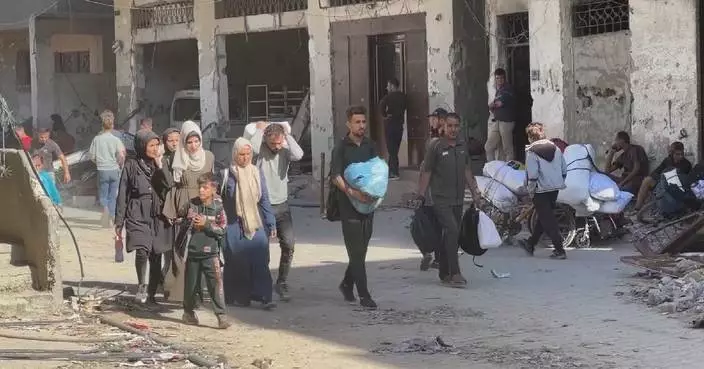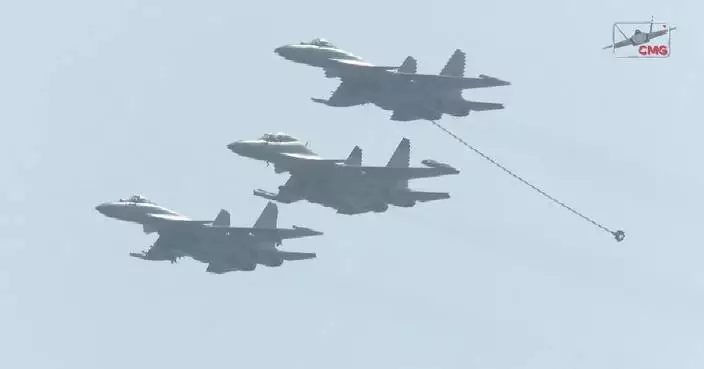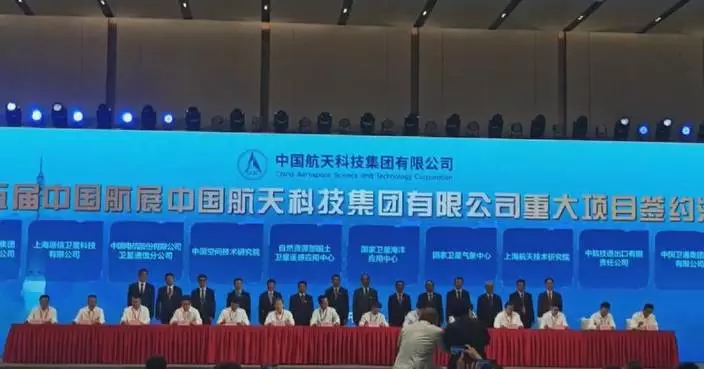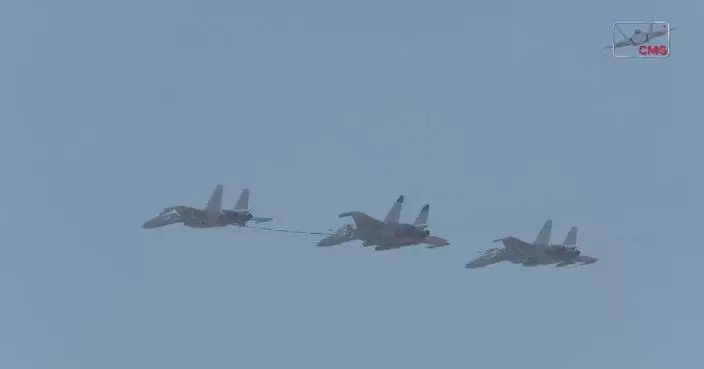At least 64 attacks against schools were reported in the Gaza Strip in October, an average of about two attacks a day, according to the UN Children's Fund (UNICEF).
The agency said in a report on Friday that it is estimated that 128 people were reportedly killed in the attacks, many of whom were children.
The schools under attacks largely serve as shelters for children and families displaced by the conflict.
Since the outbreak of a new round of large-scale Palestinian-Israeli conflict in October last year, more than 95 percent of schools in the Gaza Strip have been partially or completely destroyed, according to UNICEF.
Meanwhile, another UN agency, the United Nations Office of the High Commissioner for Human Rights (OHCHR), reported on the same day that about 70 percent of the casualties in Gaza since Oct 7, 2023 have been women and children.
Highlighting the severe humanitarian crisis unfolding in Gaza and other areas, the OHCHR report confirms that, as of Sept 2, 2024, it had verified the identities of 8,119 Palestinians killed in Gaza, including 2,036 women and 3,588 children.
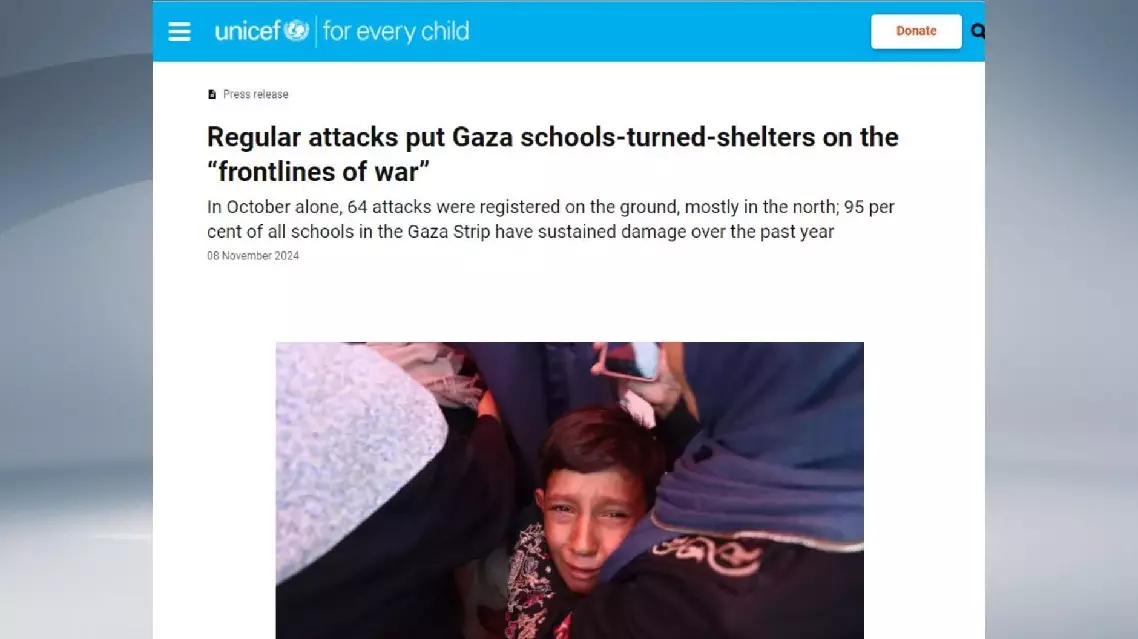
At least 64 school attacks reported in Gaza in October: UNICEF
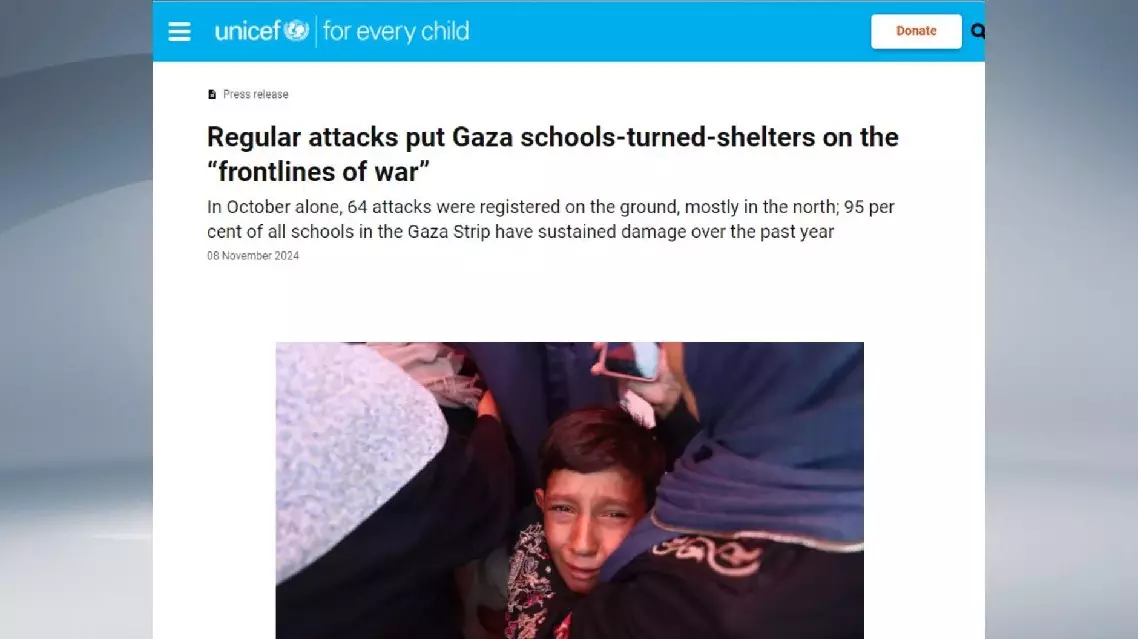
At least 64 school attacks reported in Gaza in October: UNICEF
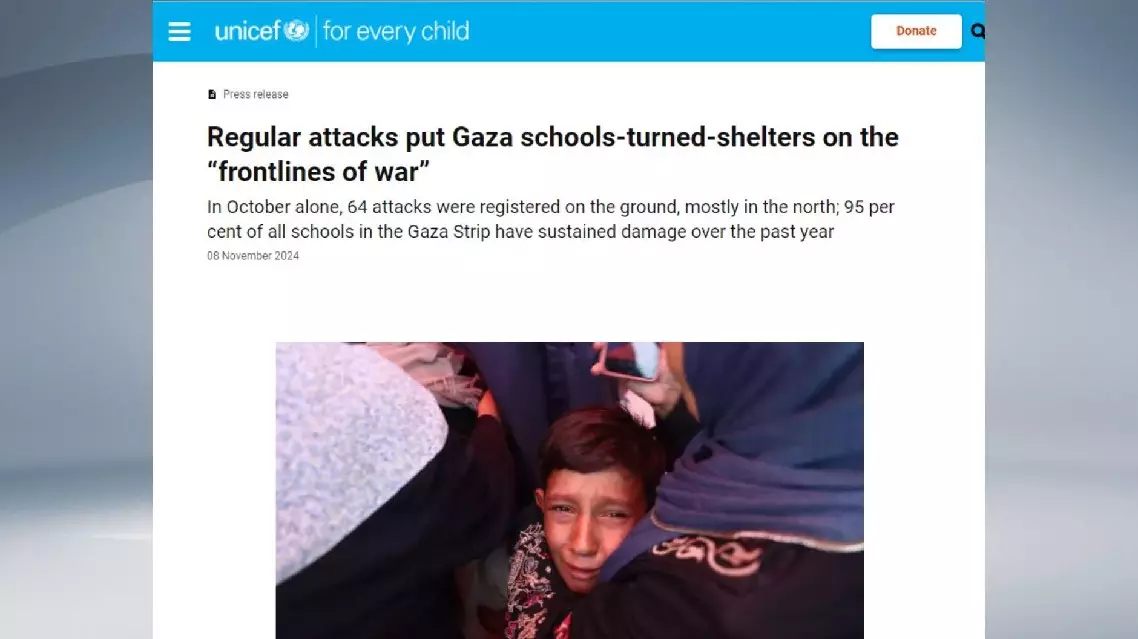
At least 64 school attacks reported in Gaza in October: UNICEF
China and Russia held the 19th round of their annual strategic security consultation in Beijing on Tuesday, with both sides exchanging in-depth views on major issues of common concern related to strategic security.
The meeting was co-chaired by Wang Yi, a member of the Political Bureau of the Communist Party of China Central Committee and director of the Office of the Central Commission for Foreign Affairs, and Sergei Shoigu, secretary of the Russian Federation Security Council.
Noting that this year marks the 75th anniversary of the establishment of diplomatic relations between China and Russia, Wang said that under the leadership of the two heads of state, China-Russia relations have maintained sound, stable momentum amid changes in global affairs.
Both sides adhere to the principles of lasting good-neighborliness and friendship, comprehensive strategic coordination, and mutually beneficial cooperation, all of which serve the fundamental interests of the two peoples, Wang observed.
He said that China and Russia have supported each other firmly on issues concerning their core interests, deepened political mutual trust and promoted practical cooperation, creating a new model for relations between neighboring major countries, and significantly promoting solidarity and cooperation within the Global South.
Guided by the consensus reached by the two heads of state, the China-Russia strategic security consultation mechanism should strengthen coordination on strategic and overarching issues related to the security and development interests of both sides, Wang said.
Wang also called for enhanced exchange and multilateral coordination between the two countries amid the changing international landscape, so as to provide a strong guarantee for the high-level development momentum of China-Russia relations and ensure that the two countries work together to maintain global strategic stability.
Shoigu said that Russia is willing to work with China to implement the consensus reached by the two heads of state, and enhance bilateral cooperation and coordination within multilateral mechanisms such as the United Nations, the Shanghai Cooperation Organization and BRICS, aiming to promote the continuous development of Russia-China relations.
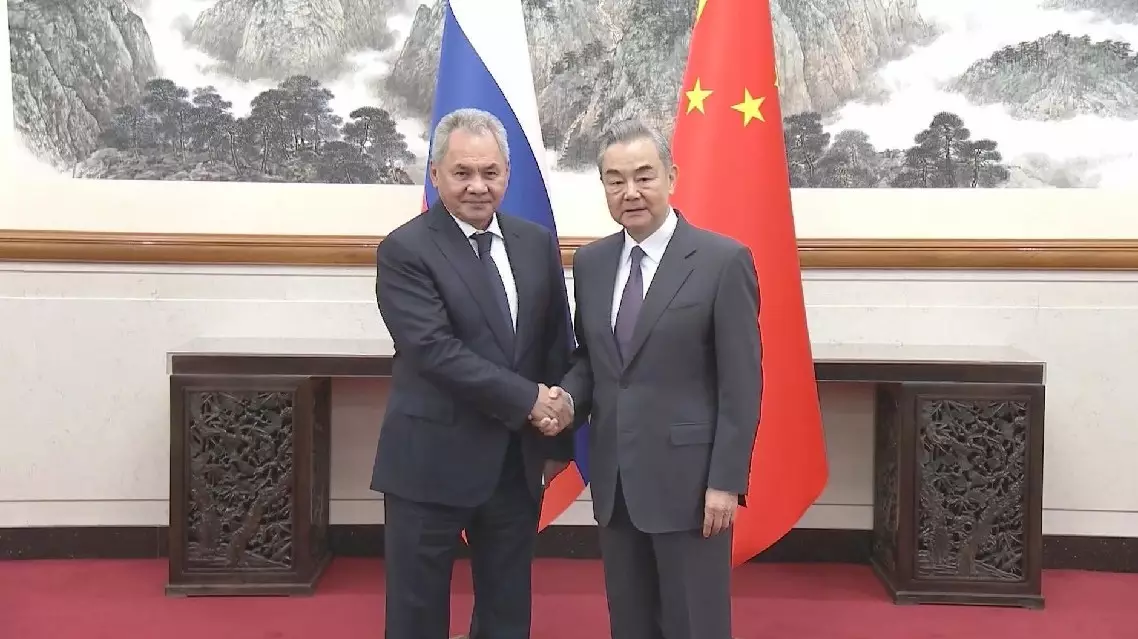
China, Russia hold annual strategic security consultation
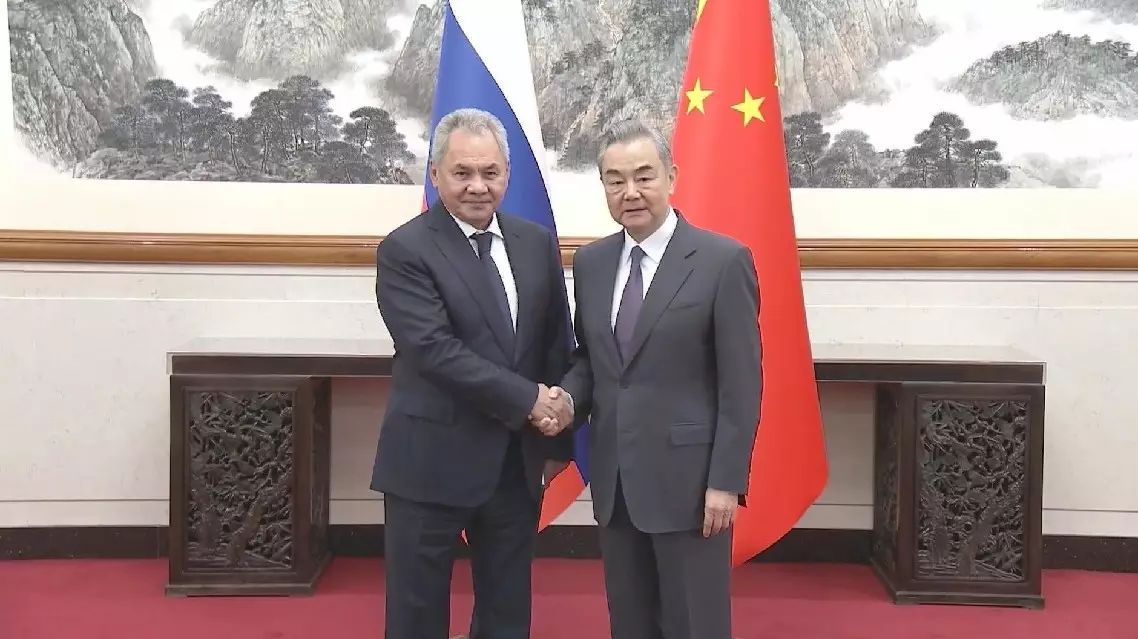
China, Russia hold annual strategic security consultation







